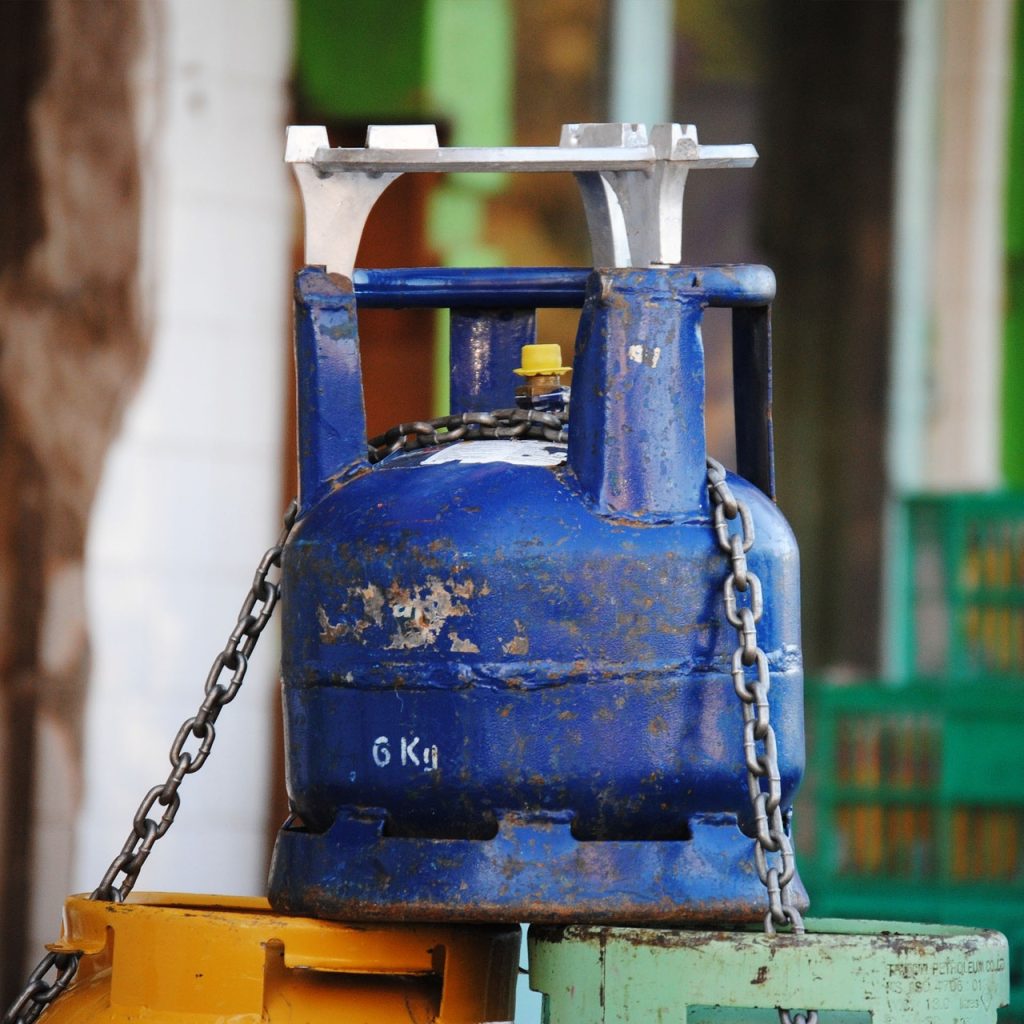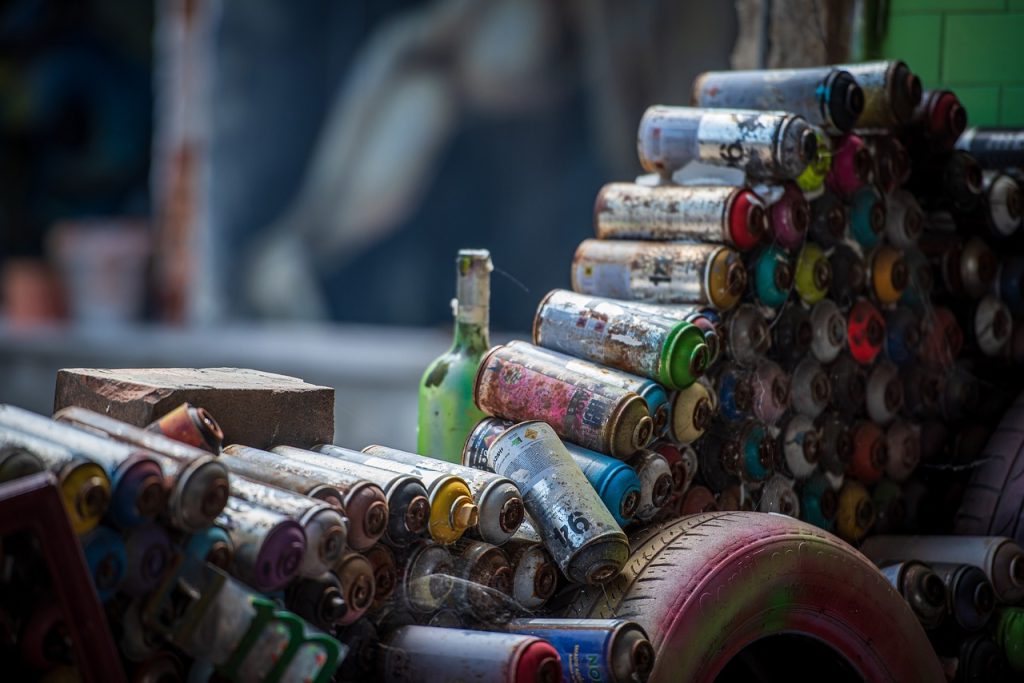- Unplug the battery pack from your vehicle safely, wearing protection to avoid acid burns.
- Handle the battery with care due to the hazardous properties it contains.
- Take the battery to a local waste collection center or designated battery recycling location.
- Ensure that every component, including recyclable materials, is appropriately processed.
- Understand that the acid in a car battery can be recycled into water or even reused.
- Contribute to the cyclical process of recycling, turning waste into a resource.
Introduction to Car Battery Recycling: The Importance of Proper Disposal
Proper disposal of old vehicle batteries is undeniably crucial in today’s world. The process of recycling car batteries isn’t just a trendy eco-friendly buzzword; it’s an essential part of modern waste management. It’s vital to recycle, recycle, and recycle again to mitigate the hazardous impact of battery waste. When we talk about recycling, we’re referring to a process that transforms these discarded batteries into reusable materials, reducing the amount of universal waste we send to landfills.
The energy stored within these batteries can be harnessed and reused, therefore not recycling isn’t only environmentally wasteful but energy wasteful as well. This recycling information is massively significant but often overlooked. Indeed, with this information, individuals can make better disposal choices. Also, businesses can learn how to incorporate recycling methods into their everyday operations.
An improper disposal poses a hazardous threat to both the environment and human health. For instance, it can lead to soil degradation and water pollution. That is why it’s crucial to recycle not just once, but every time you have a chance. Remember, every recycling effort counts. It’s all about continual recycling to build a sustainable lifestyle. In a nutshell, recycling matters, be it a simple household item or complex car batteries. The prime takeaway is that every ounce of effort put into recycling gives back in the form of preserved resources and saved energy.
Understanding Car Batteries: Types and Components (Lead, Ion, and Auto)
When talking about car batteries, it’s important to understand that there are different types, each containing unique components, and they all play crucial roles in powering cars. The three major types of car batteries are lead, ion, and auto batteries. Lead batteries are by far the most common; they’re used in nearly every car on the road due to their high power output and affordable price. However, the lead in these batteries is harmful to the environment if disposed of improperly.
Lithium-ion batteries, usually shortened to ion batteries, are becoming increasingly popular in electric and hybrid cars. They’re lighter and can store more energy than their lead counterparts, but they’re also more expensive and have a shorter lifespan. Notably, these ion batteries use a lithium compound as a cathode and carbon as an anode, compared to the lead and lead oxide in the plates of a lead battery.
Auto batteries refer to any battery made specifically for use in automobiles. Regardless of their type, auto batteries are composed of several components, including the case, terminals, and cells. What differentiates them is the materials used in the cells. So whether it’s a lead or ion battery powering your auto, remember the importance of proper disposal or recycling. Remember, recycling your car batteries is not only an environmental obligation but also a potential source of income. Using recycled materials in manufacturing new batteries significantly reduces the need for mined lead and other components.
The Process: How to Recycle Automotive Batteries in a Safe and Eco-Friendly Manner
Recycling a car battery isn’t as complex as it seems, especially if you’ve got the right information. It’s crucial to handle automotive batteries safely due to the hazardous properties they contain. To kickstart the battery recycling process, make sure you’ve got your old battery pack. Remember, recycling isn’t simply about getting rid of waste – it’s about turning it into a resource.
Firstly, it’s crucial to unplug your battery pack from your vehicle safely. Always wear protection to avoid acid burns. It’s important to note that battery recycling involves handling acid, which is potentially harmful. Then, take your battery to a local waste collection center. They’ll ensure that every component, including recyclable materials like the AC, are appropriately taken care of.
Why does all this matter? It’s all about the energy. Car batteries are major energy stores, and when done correctly, battery recycling can tap into that energy. Often, the acid in a car battery can be recycled into water or even reused. Essentially, it’s all about transforming something hazardous into something useful.
Indeed, recycling automotive batteries isn’t just an eco-friendly initiative- it’s a no-brainer. It makes so much sense, and it’s easy to do it safely. All you need is a little bit of effort and the right information.
Recycled Car Batteries: How are They Reused?
It’s often wondered, ‘How are recycled car batteries reused?’ The answer sums up the marvel of recycling. Once you’ve recycled your old car batteries, they don’t just rot in a landfill. Instead, they undergo a process that makes them reusable. Local car battery recycling facilities implement eco-friendly techniques to recycle them without causing harm to our environment.
Whether they’re lead, ion, or auto batteries, each type has a specific recycling process. Rechargeable car batteries, in particular, are extensively recyclable. Moreover, used car batteries are a great resource for retrieving valuable materials. For instance, the lead from old batteries is often used in the production of new ones, thus ensuring a perpetual cycle of use, recycle, and reuse.
The actual recycling process involves draining any residual acid, which is further neutralized, and safely converted into water which can be safely released into public sewer systems. The plastic components are repurposed into new battery casings, following a process of washing, melting, and extrusion. Finally, any leftover valuable metals are salvaged and reused.
Recycling is a reliable solution for old car batteries. By employing your local recycling facilities, you’re not only disposing of old car batteries safely but also doing your bit for the environment. So, the next time you have an old car battery, remember to recycle it. After all, it’s more than just an old battery, it’s a treasure trove!
Battery Recycling Locations: Where to Recycle Old Car Batteries
You’d be amazed to find out that there’s a varied range of battery recycling locations; places where you can recycle old car batteries. They serve as a beacon of responsible disposal and echo the importance of battery recycling. In fact, the demand for places to recycle car batteries is on the rise because people are beginning to understand how critical it is to correct disposal habits. It’s not only environmentally friendly, but it’s also the law in many areas. Every region tends to feature local battery recycling centers specifically for car batteries.
Why is it necessary to recycle car batteries, you might ask? Proper disposal ensures that the toxic components within batteries, such as lead, are not released into the environment, posing harm to both the ecosystem and human health. Car batteries, in particular, are highly recyclable since they’re mostly comprised of lead and acid. Battery recycling is a process that takes these old car batteries and transforms them into reusable materials. The main types of car batteries include lead, ion, and auto. These are treated differently in a battery recycling process, but each offers valuable materials for reusability.
Remember that auto parts stores, scrap metal facilities, and municipal waste programs usually accept car batteries for recycling. If you’re unsure about your local regulations and disposal options, then contact your local waste facility for advice. Do your part, recycle your old vehicle battery; it is an integral part of eco-friendly disposal and battery recycling.
Recycling Car Batteries and Other Auto Fluids (Brake and Oil) Responsibly
When discussing the topic of auto recycling, it’s vital not to overlook car batteries. With their hazardous waste components, battery recycling is more than just an environmentally conscious practice – it’s a necessity. It’s about doing what’s right for our planet. Hazardous materials found in automotive batteries, such as lead or lithium-ion, can be incredibly harmful if not disposed of correctly. Therefore, recycling car batteries responsibly can help mitigate these risks.
It is, however, more than just car batteries. Auto fluids – brake fluid and oil – are equally important to recycle. These aren’t everyday waste; they’re substances that can inflict severe damage to our environment if released untreated. Hence, brake and oil recycling from cars is integral to any comprehensive auto recycling strategy.
But, how do you go about this daunting task? Well, throughout this article, we’ve taken you through the entire battery recycling process, from understanding different types of car batteries, their individual components, the procedure of safe and eco-friendly battery recycling. Moreover, we’ve also highlighted where to recycle old batteries and how recycled batteries are reused. If everyone took these steps, we’d go a long way in conserving our environment. Remember, recycling starts with you and your car batteries.
Regulations on Battery Recycling: What are the Laws on Car Battery Disposal?
When it comes to battery recycling, especially recycling car batteries, there are strict regulations and laws that govern the disposal protocol. These regulations have been put in place by the Environmental Protection Agency (EPA) to ensure that the disposal of batteries and other auto fluids, such as brake and oil materials, is carried out responsibly and in an eco-friendly manner.
In essence, the EPA’s regulations regarding battery recycling seek to prevent the release of hazardous substances into the environment. Therefore, throwing out an old vehicle’s battery or battery pack along with household trash isn’t allowed. Battery manufacturers, under these EPA regs, are also duty-bound to facilitate the recycling of batteries. So, when you’re replacing your car’s battery, it’s crucial to remember that the seller of the new battery must essentially accept the old one for recycling.
Furthermore, these regulations apply across the board, whether the batteries are lead-acid batteries, ion batteries, or otherwise. Fortunately, there are many battery recycling locations available for the disposal of old batteries, alleviating the stress linked with conforming to these laws. Completing the recycling process in a safe and eco-friendly manner contributes positively to environmental preservation initiatives. Remember, recycling your car battery isn’t just responsible disposal–it can also pave the way for the creation of new, recycled car batteries.
Frequently Asked Questions About Car Battery Recycling
As the importance of battery recycling becomes more widely understood, it’s natural for a plethora of questions to arise. In this section, we aim to answer frequently asked questions about the process of battery recycling. Why is it important to recycle car batteries? Fundamentally, it’s crucial for eco-friendly reasons – the process prevents harmful materials from entering the environment and also facilitates the reuse of valuable metals. What types of car batteries can be recycled? Regardless of types (whether Lead, Ion, or Auto), virtually all car batteries can be recycled.
Next, you may wonder, “Where can I recycle my car battery?” There are numerous battery recycling locations, including auto shops, recycling facilities, and special collection events. Ensuring you learn proper disposal methods is essential for the safety of both you and the environment. Additionally, it’s worth learning about how they are reused after recycling – old batteries are usually processed to extract useful materials, which are then reincorporated into new items. But what else can be recycled from cars? Remember, recycling car batteries is just one aspect – other automotive fluids, like brake and oil, can also be responsibly discarded.
Last but not least, awareness of regulations on battery recycling is crucial. It’s not just about responsibility – in many places, it’s actually the law to recycle car batteries. Don’t neglect to do your part for the environment – learn all you can about battery recycling and apply it.
Key Takeaways: The Importance of Car Batteries Recycling for Sustainable Living
Understanding how to recycle car batteries is critical for promoting sustainable living. Battery recycling provides an effective way to manage waste, reduce pollution, and ensure a greener Earth. Car batteries, whether lead, ion, or auto, all contain valuable materials that are reusable, including plastic components and various metals. Accordingly, it’s vital to recycle car batteries properly at designated battery recycling locations.
Recycled car batteries offer numerous benefits for the environment and contribute to the efficient use of resources. The materials in recycled car batteries can be converted into new batteries or other useful products, making them a primary example of a sustainable solution. When you recycle car batteries, you’re not just disposing of waste responsibly, but also contributing to the cyclical process of recycling – bringing about a true impact on sustainable living.
Given the importance of battery recycling, it’s incumbent upon us to adhere to regulations on battery recycling. The laws on car battery disposal have been set in place to encourage eco-friendly practices and protect our environment. Remember, recycling car batteries and other auto fluids like brake and oil should always be done responsibly. Take note of the key takeaways from our article and FAQ about car battery recycling, and get involved in promoting a more sustainable world.




